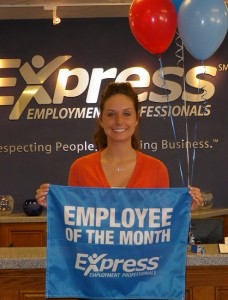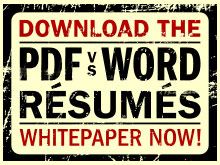 I remember sitting in journalism school listening to countless professors, guest speakers, and journalists telling me that I’d better love the news, because I’ll be miserable working there. While my concentration wasn’t in news or media, I never understood why working for a newspaper would be that bad. I interned at a magazine and it was rather rewarding.
I remember sitting in journalism school listening to countless professors, guest speakers, and journalists telling me that I’d better love the news, because I’ll be miserable working there. While my concentration wasn’t in news or media, I never understood why working for a newspaper would be that bad. I interned at a magazine and it was rather rewarding.
A new survey by career development website CareerCast has proved me wrong by labeling “newspaper reporter” as the absolute worst job of 2013. If newspaper reporting is the worst kind of job, what’s the best kind of job this year? According to the survey, an actuary, – a professional who assesses financial systems to calculate the impact of risk and uncertainty, is the best job around.
Apparently, writers are out and mathematicians are in for the job market of 2013. Do you agree that the need for workers with math and statistics is on the rise while writers are a dime a dozen? Read the rest of the survey here and let us know in the comments below.





